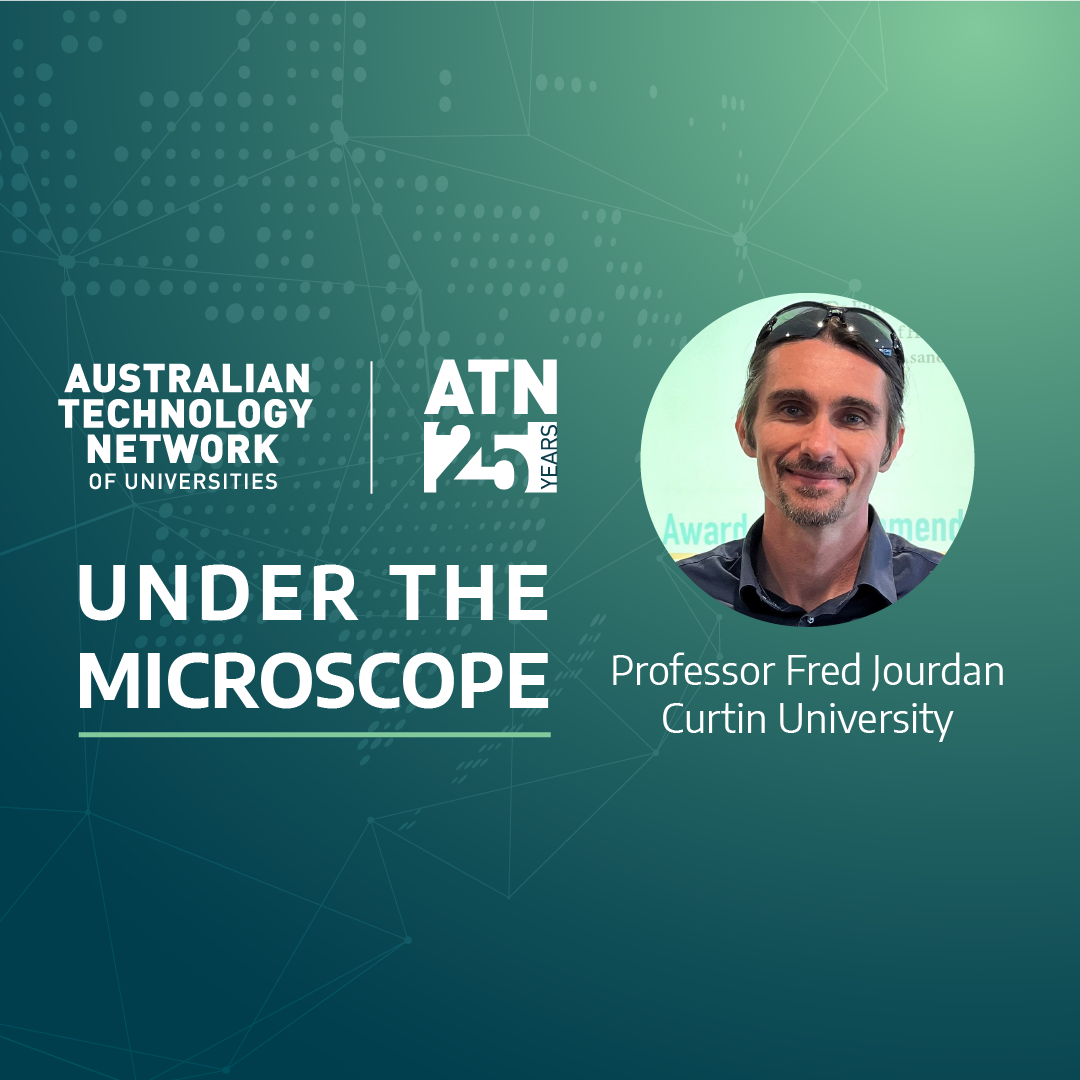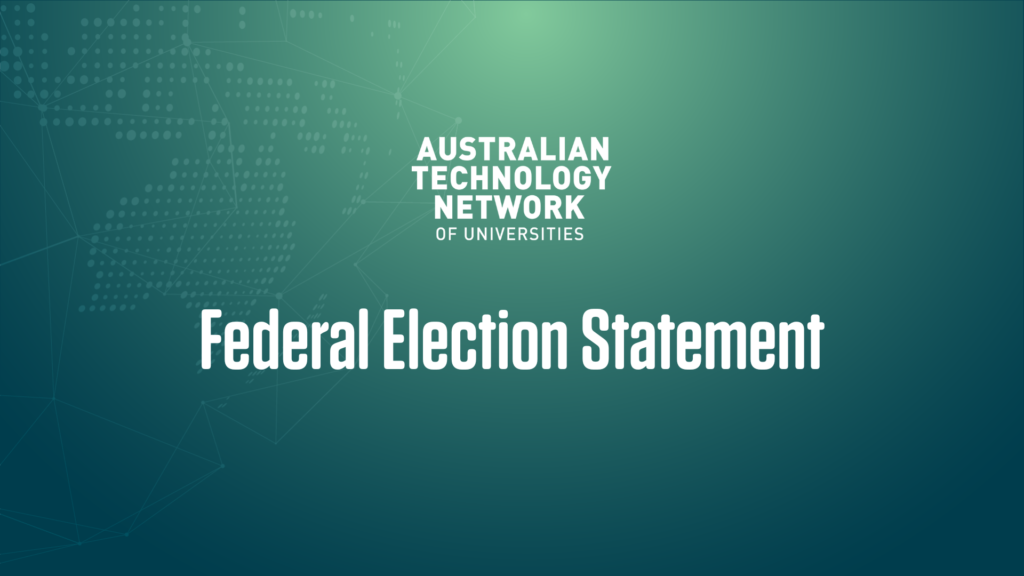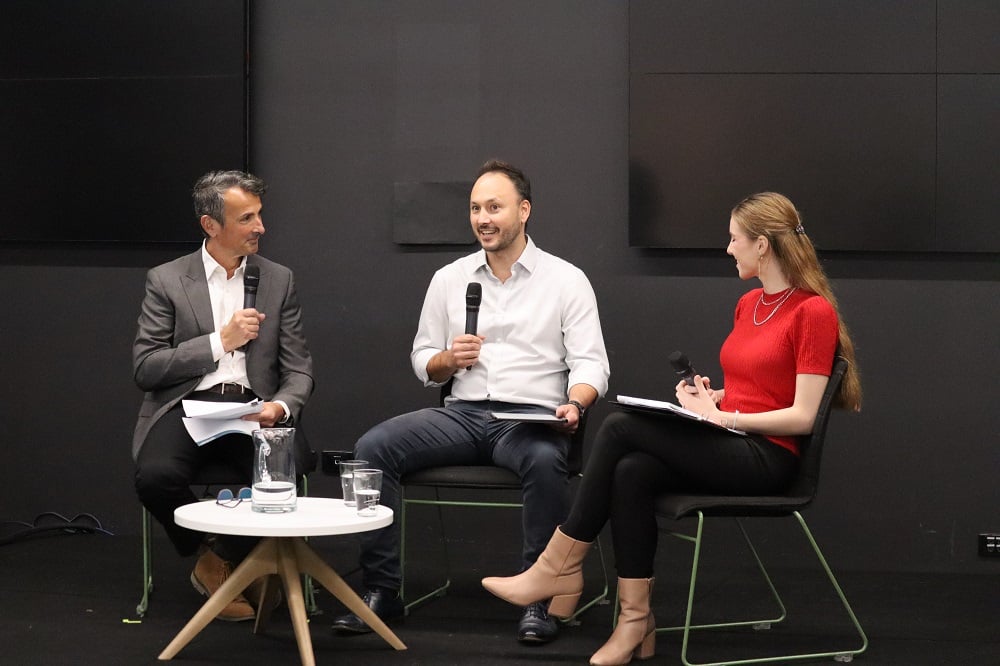1. What drove you to your field of research?
My job revolves around understanding earth, moons and planets. When I was a kid, I was not interested in school so much. One day, a high school philosophy teacher advised me to read a popular science book about astrophysics and black holes. I found that absolutely fascinating and started a journey of binge reading popular science books in every possible science field. Turned out I was into evolution at that time, so I decided to become geologist, you know, maybe to study dinosaurs or something cool like that. As I went through my studies, I realised that I needed something more oriented toward volcanic rocks, so I started working on the origin of large volcanic provinces and their effect on environments and mass extinction during my PhD. Much later in my career, I realised that I had the opportunity to work in planetary sciences, aka space stuff! I loved this idea since it’s all started with an interest in space. Now, my own research is very much oriented toward extraterrestrial rocks such as samples returned from asteroids or the Moon, or meteorites from Mars for example.
2. Your area of expertise is Geochemistry, do you have a surprising or fun fact to share from your research?
More like a general one. It has always fascinated me how every single rock you can pick, even (or perhaps especially) the most boring-looking ones have such interesting stories to tell if you know how to read them. One of the tools to do that is to use geochemistry where we look in details at the atomic composition of a rock. For example, this black rock on the ground, let’s pick it up, mmmhhhh, that’s a basalt. A volcanic rock solidified from lava. It looks a bit cooked. By analysing the composition of the gas bubbles trapped in it, it turns out it has a different atmosphere from Earth … it came from Mars! Furthermore, the proportion of different isotope of the argon atoms tells us it erupted 180 million years ago, so Mars had active volcanoes at that time! That’s just one example, every single rock will tell fantastic tales about its origin.
3. You were involved in helping NASA to look at the argon composition of Asteroid Bennu – what was involved in this research?
I am very much involved in it as we speak. The technique that I use in particular is called argon dating. It is based on the decay of potassium in argon and can tell us information such as when was liquid water flowing inside asteroid Bennu or when was its parent asteroid destroyed and part of it re-formed into the rubble pile asteroid Bennu is today. Before that, the sample needs to be carefully described and then irradiated in a research reactor first. Only then, we will measure their argon composition in my lab in a few months. I can’t wait for the first set of results! They too, will have great tales to tell, I guarantee!
4. You notably create 1 Paper – 1 Minute YouTube videos based on your research. What inspired you to do this? Do you believe social media could be more utilised for learning?
Yes. I thought about it a lot before doing it. When you write a paper, it stays in relatively small circles because it’s quite technical. So you end up with citations for sure, but that’s what, few tens, few hundreds citations if you are lucky; and that’s it. When you make your research accessible to a wider audience by simplifying it and make little, short punchy videos, then people are more willing to look at your research. They can learn a few new concepts without sinking more than a minute or two into it. Some videos clocked few thousands of views across Linkedin, Twitter (X) and Youtube so that’s a much more efficient way to reach people who are not necessarily specialists in your field, but for whom the more general findings could be of interest.
5. What do you believe is most important about the work you undertake at Curtin University as the Head of Geology?
That would be definitely promoting outreach to kids. I lead this fantastic group of individuals where we name ourselves GeoOutrach and where we try our best to transmit our passion of science and in particular earth and planetary sciences to school students. We go to schools or students come to the University where we show them how cool geology is through hands on game and activities. It’s always a thrill to see students starting to engage and having fun playing our games!
6. How much time do you spend on a university campus? What excites you about working within a university campus?
I very much like the balance of working from home to focus at a maximum level and avoid the commute, and being on campus to be around students and colleagues, so I would say I spent roughly half my time on campus. That’s what work best for me. Obviously, during teaching period, since I have large class of students with many classes I spend much more time on Campus, but that’s important for me that the students see me at every lecture and practical. Campuses are great because they are vibrant. Vibrant with people, but also with ideas as there is always this colleague who comes up with a radical new idea that she/he wants to share and which leads to awesome discussions and, more often than not, toward new discoveries.
7. What do you think is the biggest challenge facing higher education in Australia?
In the field of Geology, it’s clearly its own image. People assume that geology is all about mining and destroying the environment, therefore, parents don’t want to send their kids to study geology with the “bad guys”. No matter how you put it, the biggest challenge we will face as a society in the coming decades is climate change and the need to change our energy production, shifting from fossils fuels to cleaner sources of energy. All of the cleaner sources of energy involve lots of metals (think solar panels and wind turbines or even nuclear fuel) that must be mined from the ground. So, we need to make people understand that mining is part of the solution, not the problem. But at the same time, in order to make mining companies accountable for respecting the environment, we need a workforce educated in both geology and environmental issues as well. That should be the primary role of a good geology degree. In addition, people don’t know that geology is also the study of other planets and asteroids, so for any kid that is passionate about our solar system, that should be a serious option to consider.
8. Do you have a hobby?
Sure. I do a lot of sport like running or going to the gym and sometimes swimming (poorly). I love to listen to podcasts about all sort of sciences while doing physical activities. I also go for a walk with my kid couple of times a week so we can chat about what he wants without any distraction. Finally, believe it or not, I’m also an avid video gamer playing online games the evening when everyone is asleep.
9. Can you tell us of a book, film or TV show you recently read or watched that you would recommend and why?
A good book would be ‘Sapiens’ as it depicts a clear picture on humanity and why we are like we are. A good TV show about science would be “our planet” on Netflix, showing how awesome Earth is, both in term of geology and biodiversity. Of course, being a sci-fi nerd, I would also recommend the best sci fi show I’ve ever watch which was the recent Star trek – Discovery. That one kept me on the edge of my seat during the entire series. If you are interested in short home-made doco, then (shameless plug) I suggest you watch my 5-part short documentary on Cappadocia.
10. What’s your dream holiday destination and why?
Easy, Japan – I love going there. The ambience is really something else. I feel that Tokyo is what western cities will be in 30 years, at least it gives me that impression. It’s also a nice cultural trip every time. It really blend the future and the past. I love it! In addition, I have lots of collaborations with folks from JAXA (the Japanese space agency) as I studied samples returned from asteroid Itokawa and I’m part of the science team of the future mission to Phobos. So every trip to Japan really blend touristic pleasure and scientific endeavours. The best of both worlds!
11. What would you say to a student about to begin their higher education journey in 2024?
They need to know why they are doing it. is that because the parents say so? not such a good answer. Is that because they have a goal in mind like working for a company and they need a university diploma for that? better answer. Is that because they are following their passion of Geology? Even better answer and in this case, they should even consider following an academic pathway, aka a career of research and teaching. In other words, they need to be goal driven rather than just be at university to just continue high-school. If they are goal driven, then that’s a much easier path to follow.


